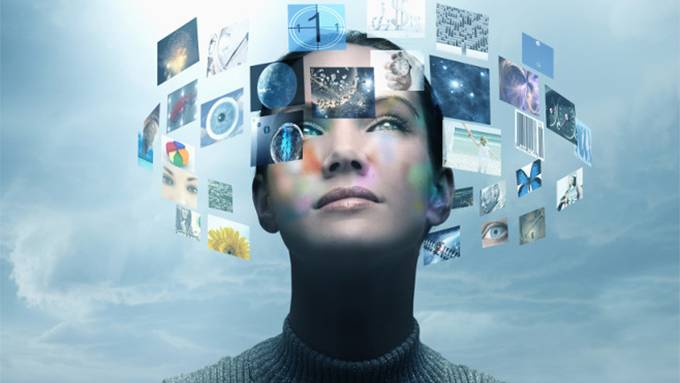Artificial Intelligence Doctors And Virtual Reality Vacations Are On The Horizon
Source: forbes.com

Robot doctors, virtual reality vacations and smart toothbrushes. These are just a few of the things the world can expect to see in the not-so-distant future, says Stanford and Duke researcher and lecturer Vivek Wadhwa.
Speaking to a crowd of more than 300 people in Palm Beach in December at billionaire Jeff Greene’s “Closing the Gap” conference, which addressed the growing divide between the wealthy and poor and how the rise of machines might kill white-collar jobs, Wadhwa sketched a sci-fi vision for the future that he says will soon be a reality thanks to rapid technological innovation.
“The future is going to be happening much, much faster than anyone ever imagined,” said Wadhwa, explaining that tech growth has been exponential — meaning as technology advances it does so with increasing speed.
It took more than a century to go from Alexander Graham Bell’s first telephone to Gordon Gekko’s iconic clunker in the movie Wall Street. Just two decades later we had the first iPhone. In 2010, $1,000 would buy a computer with the computational power of a mouse brain; soon it will buy you a computer as strong as the human brain.
“In about seven or eight years the iPhone 12 will have the same computing power that you do,” said Wadhwa.
One of the biggest areas for innovation is in the medical field. Today there are medical encyclopedia apps, cases that turn smart phones into heart monitors and devices that can be attached to phones to test for cancer and STDs. Apple’s open-source software platform ResearchKit lets medical researchers collect data from the millions of iPhone users around the world and also deliver tests for things like asthma and Parkinson’s.
“Medicine is becoming digital,” said Wadhwa, who thinks we’ll eventually be able to use artificial intelligence instead of doctors for much of our healthcare. He envisions our devices monitoring us constantly and even sending text messages when we eat too much pie or when we’re on the verge of becoming sick and need to take preventive measures.“This is all in the next five years,” Wadhwa told the crowd. “It’s not science fiction — we’re talking about this decade.”
The internet of things will also aid in medical monitoring, connecting smart refrigerators to smart toothbrushes and showerheads to monitor their users’ well being (“I have no idea what they’re going to be saying to each other but I guarantee they’ll be gossiping about you”).
Wadhwa also painted a picture of major virtual reality advancements. “In the 2020s we’ll be visiting different planets at lunchtime and going on vacations to Tahiti and it will cost practically nothing,” he said.
Wadhwa wasn’t the only speaker at the conference predicting huge changes. Salim Ismail, who is the global ambassador of Singularity University, which focuses on educating leaders about cutting-edge technology, echoed Wadhwa’s optimism. Ismail pointed to apps that can take short clips of someone’s voice and analyze vocal intonations to deduce the speaker’s mood. He says that emotions analytics like this might make it impossible to tell a lie within four or five years.
Many of the breakthroughs — like falling energy costs from improvements in solar technology – will help lift millions of people out of poverty. But it could, at least in the short term, displace millions of jobs as technology replaces humans. He says, pointing to an NPR analysis of Census Bureau data, that truck drivers have the most popular job in 29 states, a line of work that seems unlikely to survive the rise of self-driving vehicles. “We are digitizing every aspect of the product lifecycle,” said Ismail. “We are not set up for this.”
Much like how the introduction of the automobile led to urban sprawl in the 20th century, autonomous cars might push people even farther from city centers. Driverless vehicles could force us to again rethink how we organize cities in the face of reduced, or eliminated, traffic and demand for public transportation. New technology is causing problems in other areas too. Drones can be used to drop contraband items over prison walls, for instance, and concerns over personal data and privacy rights in the internet age have already been widespread for years.
According to Ismail the disruptive impact technology is having on virtually all of society requires a big response: “We have to rearchitect every social concept we have.”
Source: forbes.com






















